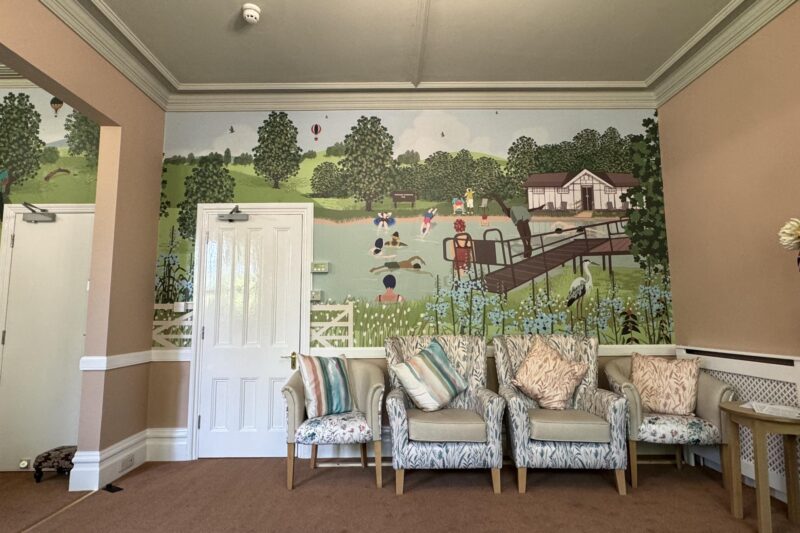Liz Blacklock
CEO NACAS.
Recently, I had the pleasure of welcoming two outstanding male Care professionals ( CP) into my home care business. This experience prompted me to reflect on why there are not more men in the sector. Traditionally, nursing and care have been seen as female roles, while medicine has been viewed as a predominantly male profession.
Throughout my extensive career, I have worked with exceptional men and women in care roles. I often wonder on whether I would prefer a man or a woman to care for me. In many cases, the men I encountered left a lasting impression.
These men demonstrated kindness, compassion, efficiency, and an intuitive ability to anticipate needs while respecting individual autonomy. Unfortunately, such examples of male professional CP are rare.
The social care sector constantly struggles for recognition, funding, and respect compared to the more prominent NHS. There is a significant lack of defined career paths for those pursuing roles in social care, especially when compared to nursing or other healthcare professions. Additionally, societal norms often depict men as primary breadwinners, discouraging many from considering a career in care.
Now is the time for change. While initiatives are underway in the Department of Health and Social Care, such as publishing career paths:
and with the highly anticipated Workforce Strategy by Skills for Care expected in July,
( https://www.skillsforcare.org.uk/About-us/A-workforce-strategy-for-adult-social-care.aspx)
progress is not happening quickly enough. Attracting men, particularly young men, to the social care sector will require concerted united efforts.
We must portray care as a universally appealing and inclusive role, free from the stigma of being a female role and becoming a viable and reputable career choice for men, offering fair compensation and a fulfilling work-life balance. The rising cost of living should not deter anyone from pursuing a profession they love.
Comprehensive training, transparent career paths, and diverse roles within care are crucial. It's not just about performing tasks like making tea or attending to basic needs. The relationships built with clients are profoundly rewarding, as we share in their most happy and equally most challenging moments. As advocates for our clients, we witness their life experiences and have the opportunity to make a positive impact.
To provide true person-centred care, clients must have the option to choose their preferred care professional (CP). One significant aspect of this choice is gender, a consideration often overlooked due to the limited capacity of care providers
Stephen Forster, a social care recruiter from thecaresocialnetwork.co.uk, agrees. He says,
There is ‘not enough publicity around all the amazing work male care staff are doing. Most men simply aren't educated on the role of a Care Assistant and consider it 'beneath them.' We need to be sharing success storied about males in care and let them know that you can have a fantastic career path in care. Registered Manager, Operations Manager, Recruitment and HR Manager, or even start your own care related business.’
So, how do we change this?
First, we need to highlight the diversity of caring roles. Share success stories and the meaningful relationships developed with clients. Showcase the many varied routes available for a fulfilling, well-respected, and truly rewarding career.
Second, all carers should refer to themselves as professionals and belong to a professional body. This will help change the public's psychological mindset.
( www.vcpr.co.uk.; www.nacas.org.uk)
Lastly, we must continue to advocate for recognition and parity with the NHS. By 'banging the drum' with the government, we can elevate the status of social care and ensure it receives the respect and resources it deserves.
Together, we can make care a respected and attractive career choice for everyone, regardless of gender.




